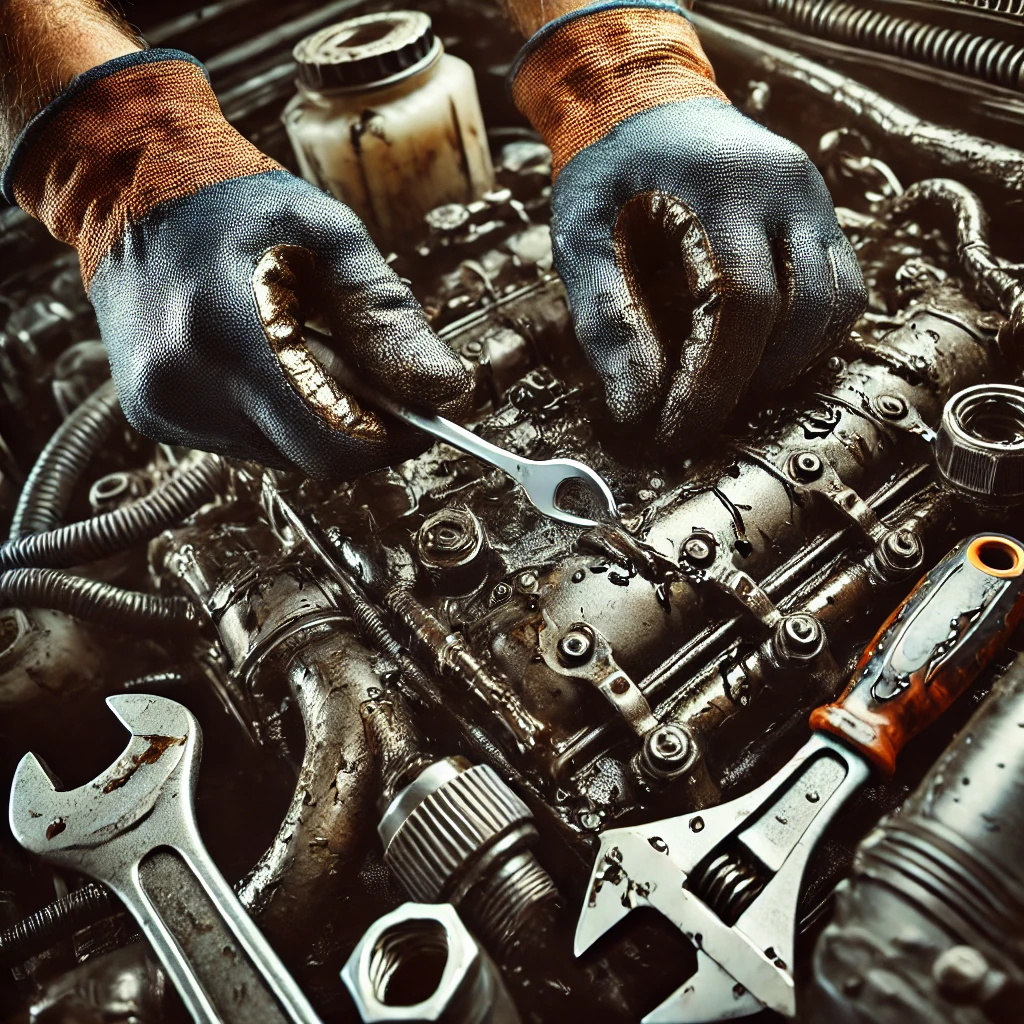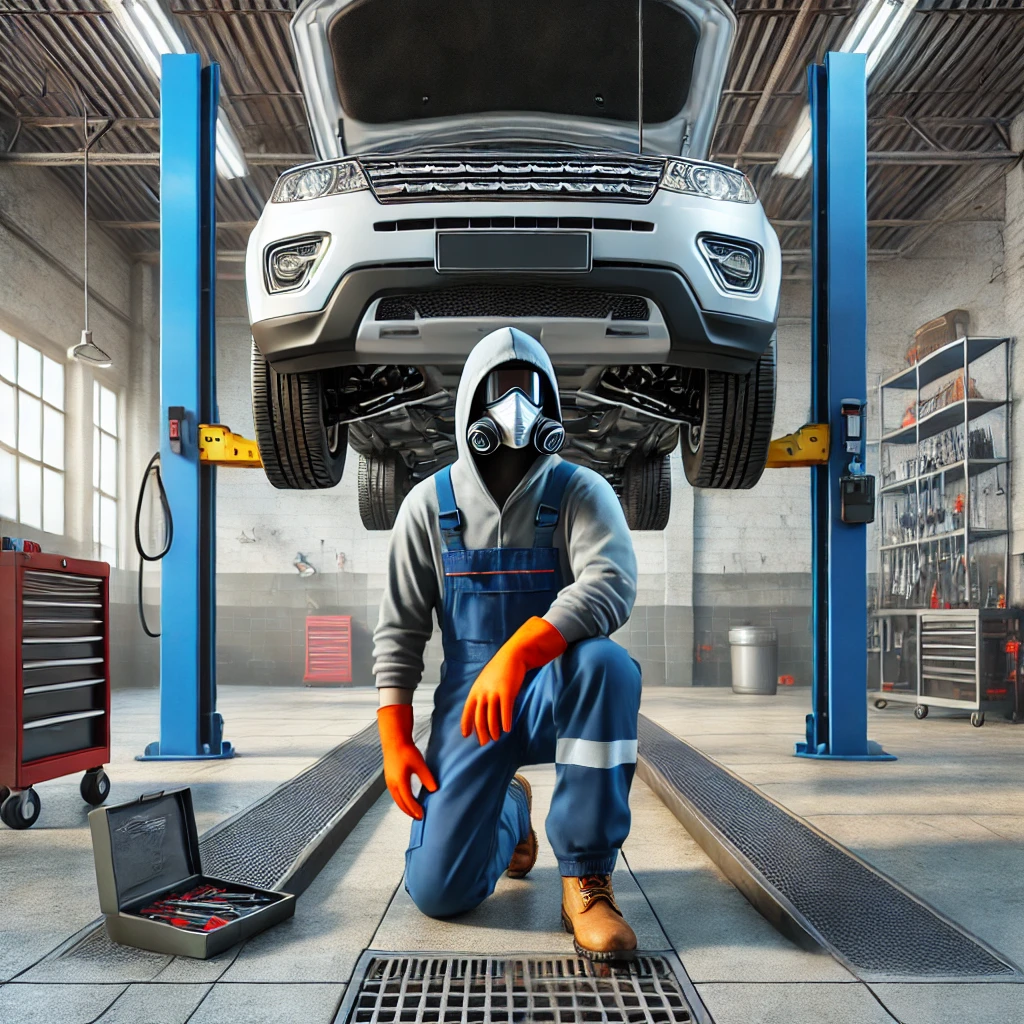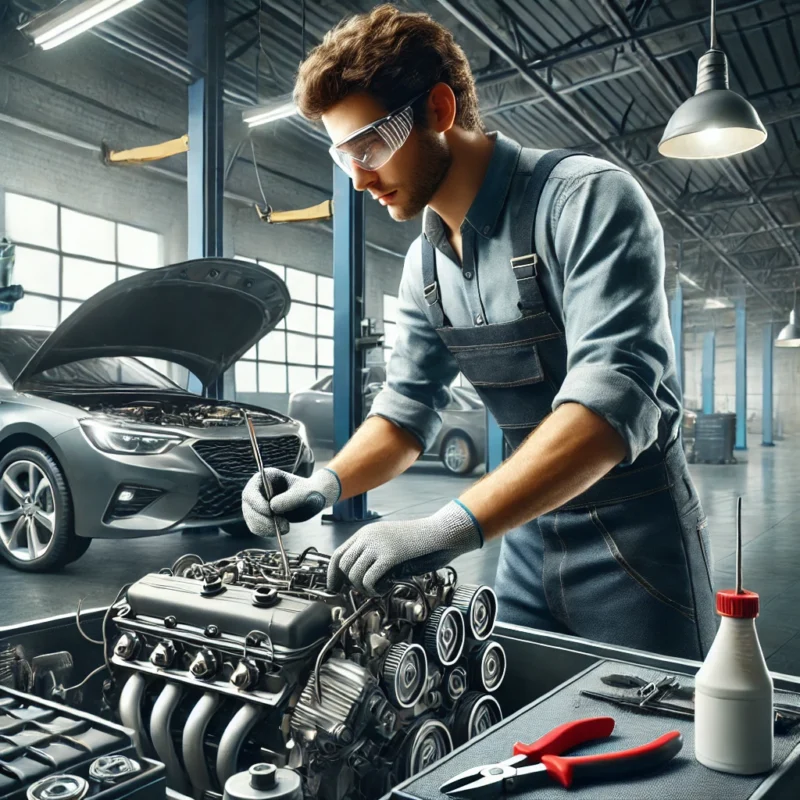Maintenance
What diseases do mechanics get?
What diseases do mechanics get? Mechanics work tirelessly to keep vehicles in top condition, but their profession often exposes them to hazardous materials and conditions. These exposures can lead to various health issues over time. In this article, we will explore what diseases mechanics get, the risks involved in their profession, and how they can protect themselves. Additionally, we’ll reference valuable resources like What Do Mechanics Do?, Mechanic Health Problems, and Auto Mechanic Health Risks to provide a deeper understanding of the challenges mechanics face.

What diseases do mechanics ge : What Are the Risks of Being a Mechanic?
Being a mechanic can be a demanding and potentially hazardous job. Mechanics are regularly exposed to:
- Chemicals: Cleaning products, fuel, and oils.
- Fumes: Exhaust and other emissions from vehicles.
- Extreme Conditions: High temperatures, loud noises, and constant vibration.
These risks can lead to serious health problems, including respiratory illnesses, hearing loss, and skin irritation. For an in-depth discussion of these risks, visit our article on Health Risks of Being a Mechanic.
What diseases do mechanics ge : What Are the Most Common Diseases Mechanics Get?
1. Respiratory Illnesses
Respiratory illnesses are among the most common health issues mechanics face. Prolonged exposure to fumes, exhaust, and airborne particles can lead to chronic conditions such as:
- Asthma: A condition that makes breathing difficult due to inflamed airways.
- Chronic Bronchitis: Persistent inflammation of the bronchial tubes.
- Emphysema: Damage to lung air sacs, making breathing progressively harder.
Prevention Tips:
- Wear respirators or masks, as suggested in Symptom Protect Mechanic.
- Ensure proper ventilation in the workshop.

2. Hearing Loss
Mechanics are frequently exposed to loud noises from engines, tools, and machinery, leading to noise-induced hearing loss. This condition is permanent but preventable with the right precautions.
Prevention Tips:
- Use industrial-grade earmuffs or earplugs.
- Limit prolonged exposure to high-decibel environments, as highlighted in Auto Mechanic Health Risks.

3. Skin Irritation
Mechanics often come into direct contact with chemicals, oils, and solvents, which can cause skin irritation and other conditions like contact dermatitis. This form of irritation can result in rashes, itching, and, in severe cases, chemical burns.
Prevention Tips:
- Wear protective gloves and clothing.
- Wash your skin thoroughly after handling hazardous materials, as recommended in Mechanic Health Problems.

How Can Mechanics Protect Themselves?
What diseases do mechanics ge: Mechanics can take several proactive steps to minimize the risks associated with their profession:
- Wear Protective Gear
- Gloves, goggles, and masks should always be worn when handling hazardous materials or working in dangerous conditions.
- Take Regular Breaks
- Breaks reduce fatigue and allow mechanics to rest, improving physical and mental well-being.
- Stay Educated
- Professional training, such as the Motorcycle Mechanics Course, provides valuable knowledge on workplace safety and advanced diagnostic techniques.
- Recognize Symptoms Early
- Be aware of early signs of respiratory issues, hearing loss, or skin irritation and seek medical attention promptly.
FAQs About What Diseases Do Mechanics Get
1. What are the most common diseases mechanics get?
Mechanics often suffer from respiratory illnesses, noise-induced hearing loss, and skin irritation.
2. How can mechanics protect their respiratory health?
By wearing respirators, ensuring proper ventilation, and avoiding prolonged exposure to harmful fumes and dust.
3. What type of hearing loss do mechanics experience?
Mechanics are prone to noise-induced hearing loss from loud machinery and tools.
4. How can mechanics prevent skin irritation?
Wearing chemical-resistant gloves and washing hands thoroughly after handling hazardous substances can help prevent conditions like contact dermatitis.
5. Is being a mechanic bad for your health?
While the profession has risks, these can be mitigated with proper safety practices and training. Learn more in Is Being a Mechanic Bad for Your Health?.
6. What type of skin irritation can mechanics get?
The most common type of skin irritation that mechanics can get is contact dermatitis.
Get the courseConclusion
Mechanics play a crucial role in keeping vehicles running safely and efficiently. However, their profession exposes them to several health risks, including respiratory illnesses, hearing loss, and skin irritation. By taking preventive measures, such as wearing protective gear, taking regular breaks, and staying informed about workplace hazards, mechanics can protect themselves and enjoy a long, successful career.
For those looking to excel in the field, consider enrolling in the Motorcycle Mechanics Course. This program provides the technical skills and safety knowledge necessary to navigate the challenges of being a mechanic.
What diseases do mechanics ge – For further reading, explore these related articles:
- What Do Mechanics Do?
- What Are Mechanics?
- Mechanic Health Problems
- Auto Mechanic Health Risks
- Health Risks of Being a Mechanic
- Symptom Protect Mechanic.
By staying informed and proactive, mechanics can overcome workplace challenges and thrive in their careers.





